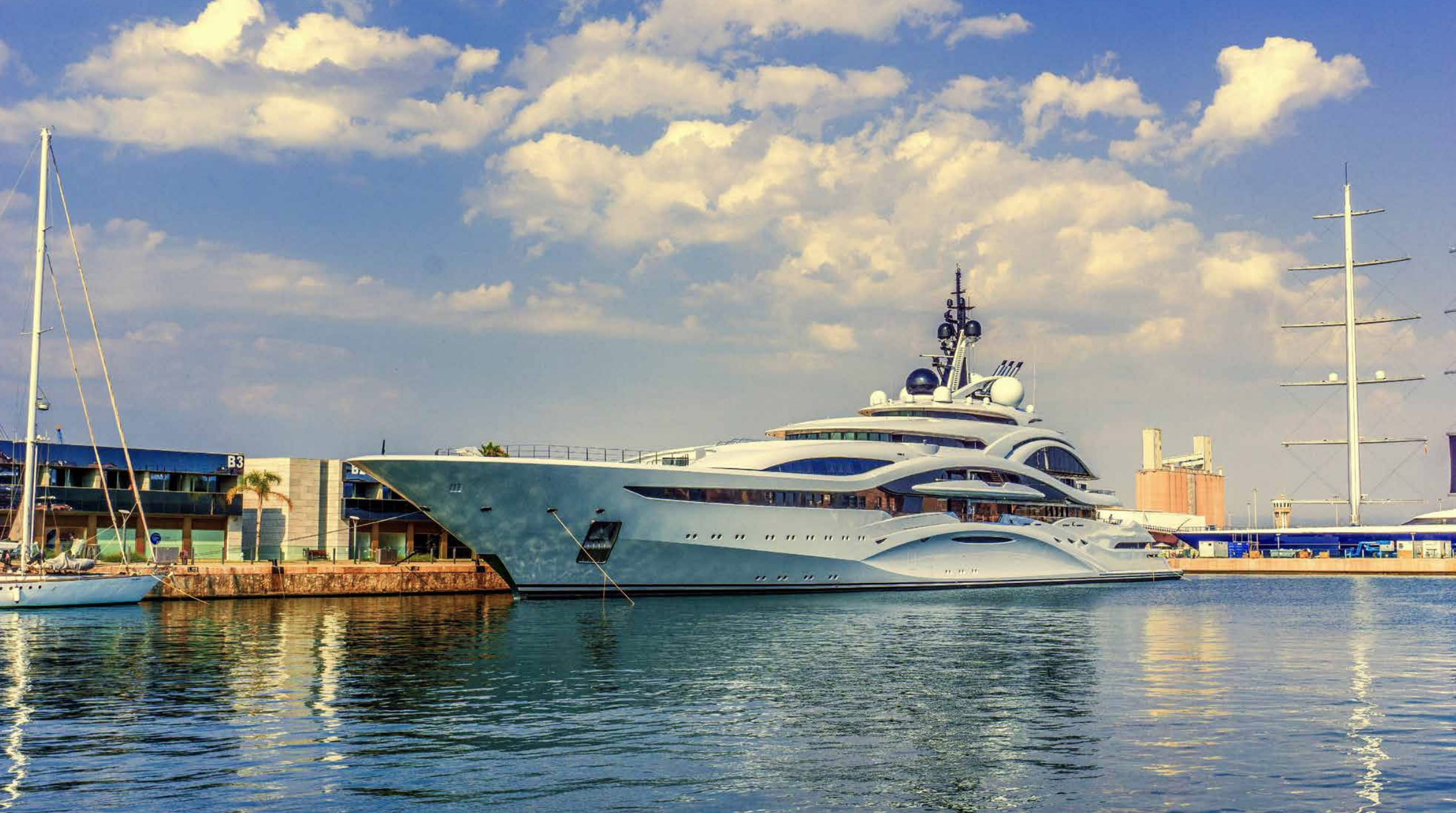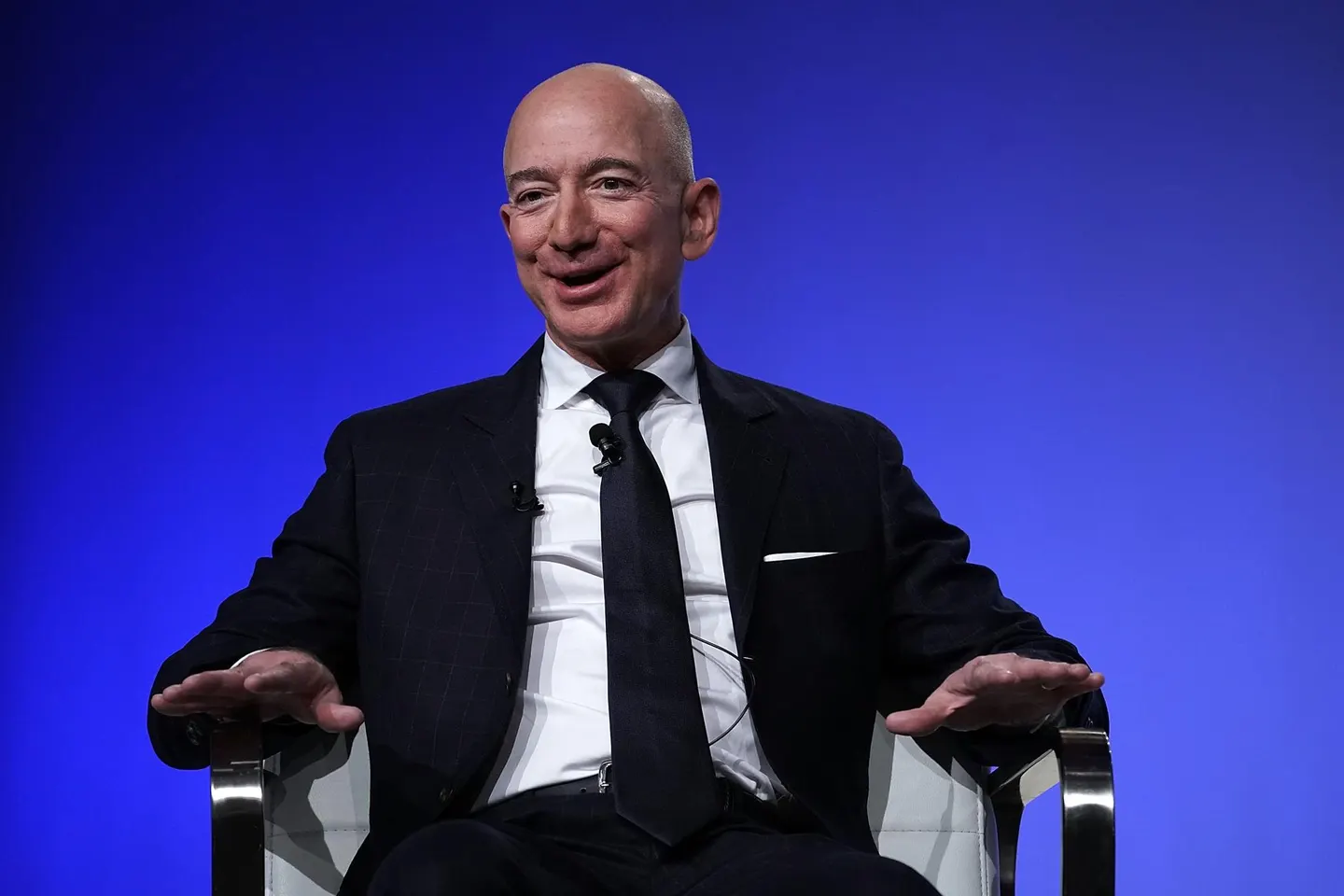The Great (Economic) Divide
81 billionaires have as much wealth as the poorest half of the world [1]. Globally, the richest 1% emit as much carbon as the poorest two-thirds of humanity, whilst
simultaneously being the best able to protect themselves from the consequences of global warming [2].


"...Those who have done the least to cause the climate crisis are the ones who are suffering the most."
References:
[1] 'Survival of the Richest' (Accessed on 20th November, 2023) https://www.oxfam.org/en/research/survival-richest
[2] 'Climate Equality: A planet for the 99%' (Accessed on 20th November, 2023) https://webassets.oxfamamerica.org/media/documents/cr-climat . . .
Food prices began to increase in mid-2021. Blame has been pointed at the war in Ukraine, supply
chain disruptions due to the pandemic, food product shortages, difficulties in restocking. These
could result in retailers passing costs on to consumers. [1]. There is no mention of price gouging. However, in 2020-2021, food and agriculture
billionaires raised their collective wealth by
45%! [2]. Think about that.
7.6oC 13.7oF
There is an average temperature difference of
7.6oC 13.7oF
between formal and informal housing, notably pavement dwelling, in India [1].There are 2640 billionaires, worth a total of $12.2 trillion, on the 2023 Forbes list [1].
A superyacht, kept on permanent standby, generates about 7,000 tons of CO2 each year
[1]. Jeff Bezos' new yacht, the largest sailing vessel in the world and a bargain at €500
million, will have emissions in excess of that. At a minimum, these annual emissions are equal
to the lifetime emissions of 231 Nigerians [2].
Annual global emissions by the super-rice 1% cancel out the carbon savings from almost one
million onshore wind turbines. [1].
The emissions of the top 1%, in 2019, are enough to cause 1.3 million heat-related deaths [1].
Members of the US congress own an estimated $93 million in fossil fuel industry stocks [1].
The 11 largest economies in the Global North provided the equivalent of US$1.8 trillion in direct
and indirect (those relating to environmental costs) fossil fuel subsidies [2], or $5.9 trillion globally, in 2020 [3].
Jezz Bezos announces (21st November, 2023) that he has donated almost $120 million dollars to
help US families experiencing homelessness [1].
The investments of 125 billionaires emit 393 million tons of CO2 each year. As much
as the whole of France.
[1].
675 million people do not have access to electricity, and up to 2.3 billion people still use
polluting fuels and technologies for cooking, largely in sub-Saharan Africa and Asia, causing
3.2 million deaths annually [1].
722 of the world's biggest corporations have raked in over $1 trillion dollars for each of the
two years 2022 and 2023. Share buybacks (increasing the value of shares owned by the top few
percent) or dividend payouts (to shareholders) effectively transfer wealth from everyone to the
top few percent who own shares [1].

